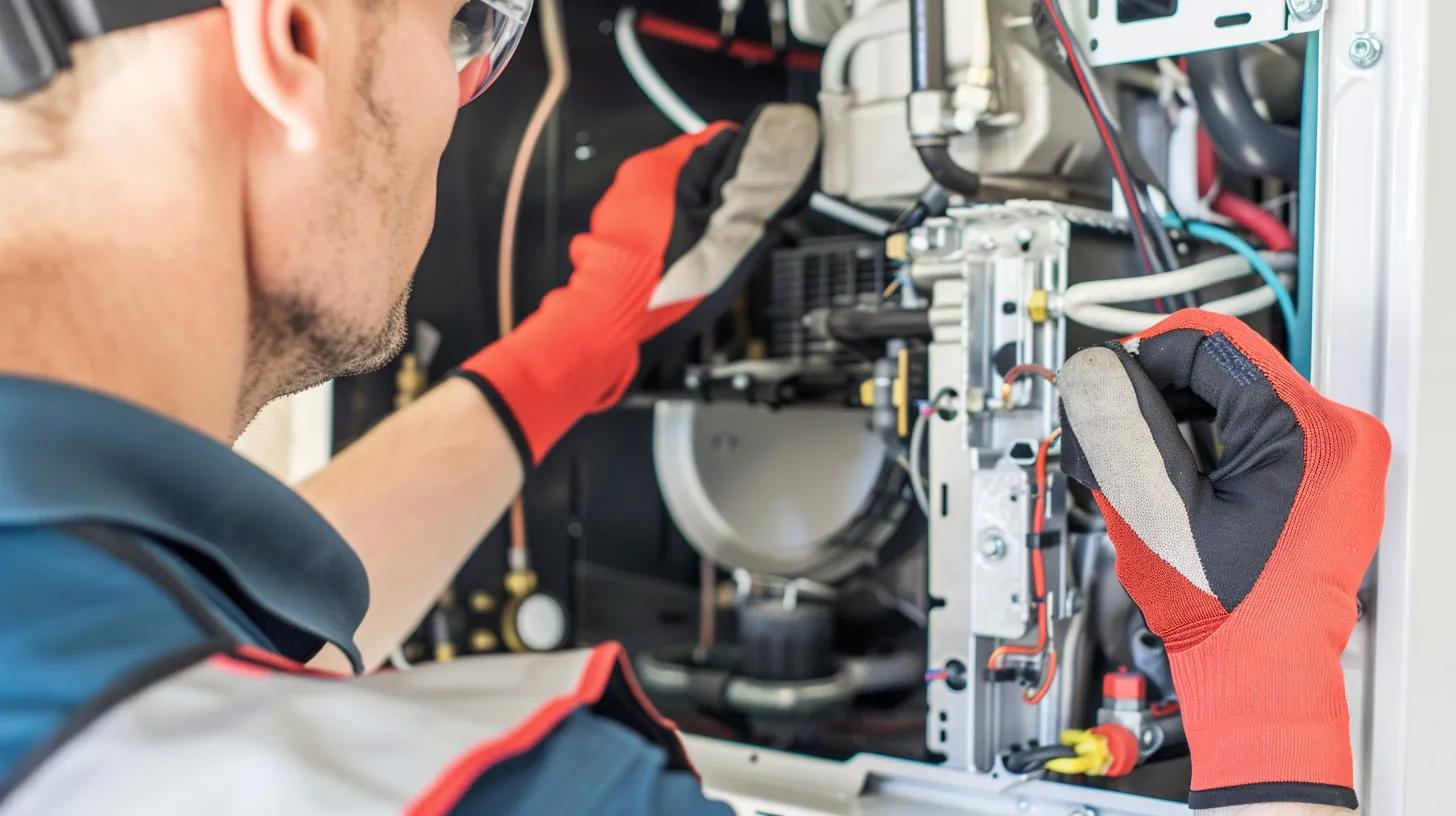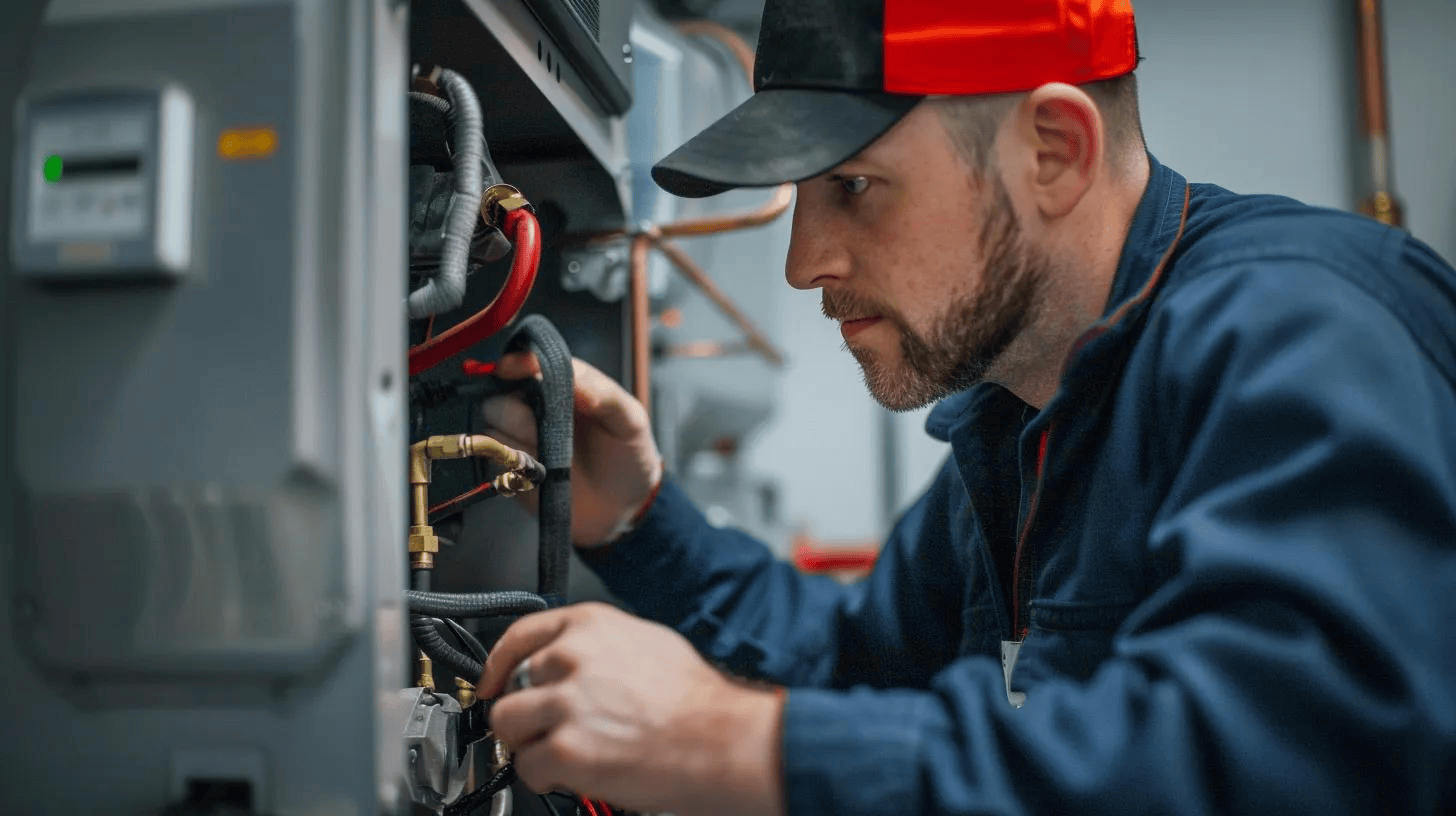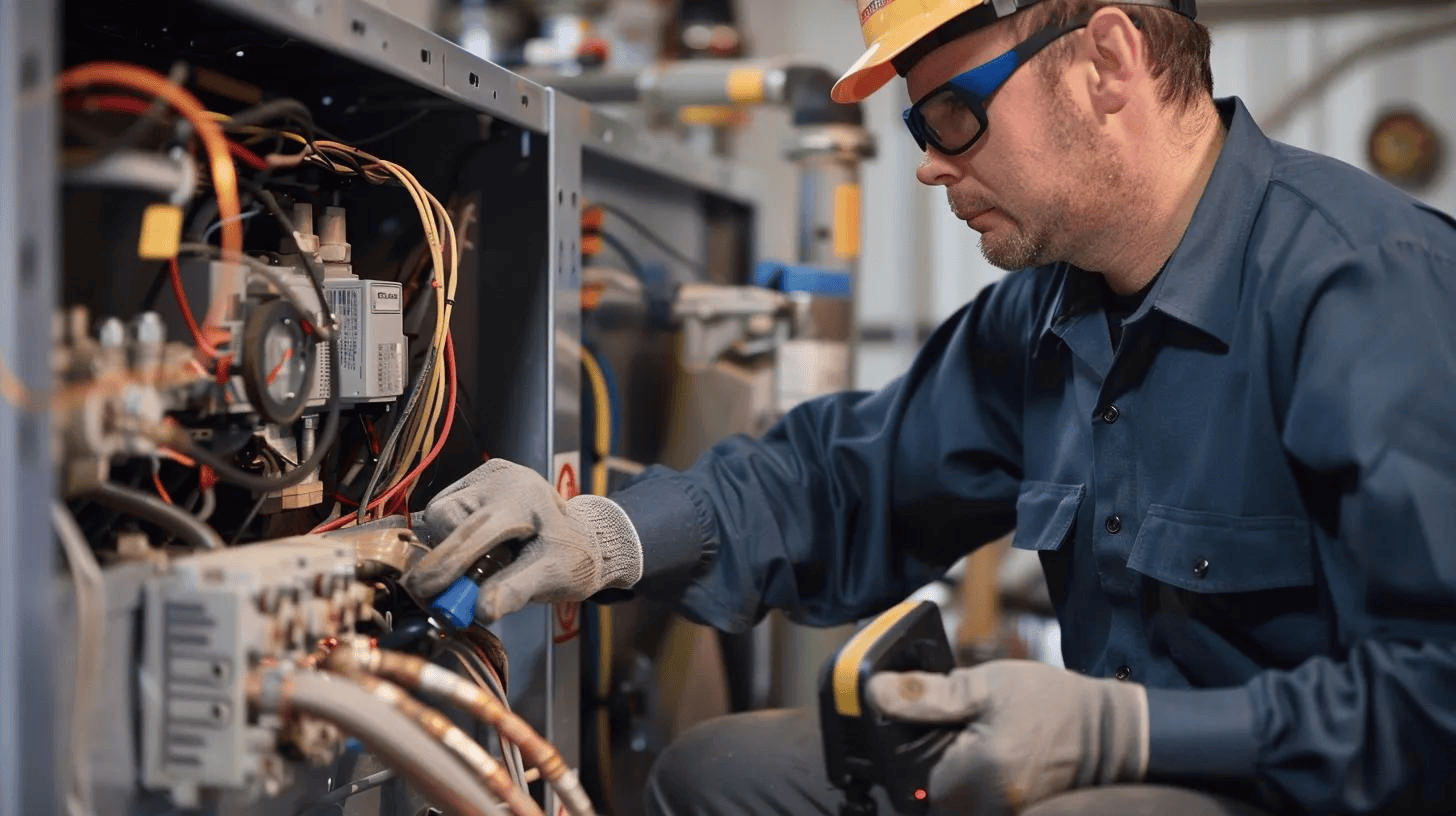If your mini split in Loveland has started making strange noises, it's not something you should ignore. A mini split that operates quietly is typically working well, so when new or louder sounds appear, it's usually a sign that something is not right. These noises might not mean total system failure, but they can point to issues that should be checked before turning into serious repairs or a full breakdown.
Noises like rattling, clicking, or hissing may seem minor at first, but they are often the system’s way of signaling that something is off. Whether the sounds just started or have been getting worse over time, understanding the cause of each type of noise can help you know when to take action. Addressing the issue early keeps your home comfortable and helps extend the life of the system.
Common Causes Of Strange Noises In Your Mini Split
A mini split is not supposed to be disruptive. If it starts making unusual sounds, there are usually common mechanical or airflow-related causes behind it. Here are some frequent reasons:
- Loose Parts: Over time, components inside the fan unit or panel can shift out of place or become loose. This can create a clicking or rattling noise, especially when the system turns on or off.
- Debris Inside the Outdoor Unit: Leaves, small sticks, or rocks can get inside the outdoor portion of the mini split. When the fan runs, it can strike the debris, leading to grinding or buzzing sounds.
- Refrigerant Leaks: A hissing noise might indicate escaping refrigerant. This reduces the system’s cooling ability and often means a more serious issue within the unit.
- Electrical Issues: If you notice a popping sound combined with a strange odor, it could be an electrical problem. These often occur in wiring or control boards and require immediate attention.
- Fan Obstructions or Damage: Damaged fan blades or something blocking airflow can make whirring or chirping noises as the fan tries to spin.
In one case, a homeowner in Loveland heard a high-pitched noise every time their mini split started. The issue was worn bearings in the fan motor, causing the motor to strain. A complete inspection found the problem early, preventing additional damage to the system.
Strange sounds often point to one or more of these issues. Ignoring them can lead to higher energy bills, more costly repairs, or system failure when you rely on it most.
When To Be Concerned
Some sounds are harmless parts of regular operation, like a gentle hum or a single click upon startup. Others, however, are signs that something is wrong. Here's a breakdown of noises that should prompt concern:
- Banging or Clanking: This usually means a part is loose or broken and moving freely inside the unit. It poses a serious risk to other parts of the system.
- Clicking While Running: A single click at startup is normal. Repeated clicking, though, could suggest electrical problems or faulty controls.
- Hissing or Gurgling: Hissing, especially inside the house, can mean a refrigerant leak. Gurgling often points to air or moisture trapped within the refrigerant lines.
- Buzzing or Humming: A faint hum is common, but loud buzzing can be caused by failing electrical components, such as a relay switch, or vibration from loose internal parts.
- Squealing or Screeching: These high-pitched noises usually happen when fan or motor parts begin to wear and need servicing right away.
Leaving these noises unaddressed could reduce system performance and affect its reliability during extreme weather. Early action helps avoid larger, more expensive problems down the road.
Importance Of Regular Maintenance
Staying on top of maintenance is one of the best ways to avoid hearing unexpected noises from your mini split. During scheduled service, technicians can catch many small issues before they turn into larger problems. Strange sounds like buzzing, clicking, or rattling often develop from loose parts, worn components, or electrical issues—all of which can be spotted during a regular check-up.
Regular maintenance in Loveland is especially useful before or during the summer season. This is when your cooling system runs the most, and small issues tend to get worse under constant use. If it's been a year or longer since your mini split was last inspected, now is a good time to schedule a visit.
Maintenance often includes:
- Cleaning or replacing filters
- Tightening and checking all fasteners and hardware
- Measuring refrigerant levels
- Inspecting moving parts like fans and motors
- Examining the outdoor unit for anything blocking airflow
Skipping maintenance may seem like a short-term time-saver, but over time, it leads to more unexpected noise, rising energy costs, and a higher chance of major repairs. Consistent servicing offers peace of mind and a more reliable, quieter system.
How Our Professionals Can Help
When odd sounds start to interfere with your indoor comfort, trying to figure out the issue yourself can be frustrating and time-consuming. While you might guess at loose screws or debris buildup, more serious issues like internal leaks or electrical problems can only be safely handled by trained professionals.
Our professionals at HALO Heating and Air know what to listen for and what to look for. With experience addressing common noise-related problems in Loveland homes, we come equipped to find and fix issues without delay. Whether the noise is new or has been present a while, we begin with a full inspection of the entire mini split system—from the outdoor unit to the indoor components.
Here’s what a typical visit from our technicians includes:
- Listening for and documenting sound patterns during operation
- Testing system components under real working conditions
- Checking refrigerant lines and measuring internal pressure
- Securing all hardware and inspecting panel seals
- Removing buildup around fans and ensuring steady airflow
When noise problems are diagnosed quickly and correctly, the risk of future damage is reduced. Our technicians arrive ready with the tools and parts they need, so most noise issues are resolved within the visit. You’ll always get a clear explanation about what went wrong and what needs to be done.
You don’t have to guess what a noise means or live with a system that sounds off. When our professionals fix the issue, your home becomes pleasantly quiet and cool again.
Quiet Comfort Starts With Attention
If your mini split starts making new or louder noises, waiting too long to act can cost you more than comfort. Hissing, clanking, or buzzing are often symptoms of overwork or system damage. These conditions increase your energy use and reduce your ability to maintain a cool home—especially when summer heat in Loveland is at its highest.
Fixing a small issue earlier is always better than letting it grow into a wider problem. Strange sounds are warnings you should never ignore. Acting quickly protects your system, keeps your home comfortable, and can extend the lifespan of your equipment. A mini split that runs quietly is usually one that’s in good working order.
Maintaining reliable cooling throughout the warmest months begins with paying attention to signs like strange noises and scheduling service before failures occur.
If you’re noticing unusual sounds or inconsistent performance from your mini split, it may be time to consider professional service to protect your comfort and system longevity. At HALO Heating and Air, we understand how important a reliable cooling system is during the hot months, and a properly handled mini split installation in Loveland can make a lasting difference in your home’s efficiency and comfort. For a quick estimate or to book a service visit, please contact us today.
Customer Testimonials
See what homeowners across Windsor and Northern Colorado are saying about our reliable service, expert workmanship, and commitment to getting the job done right.
Latest Blogs





.svg)






